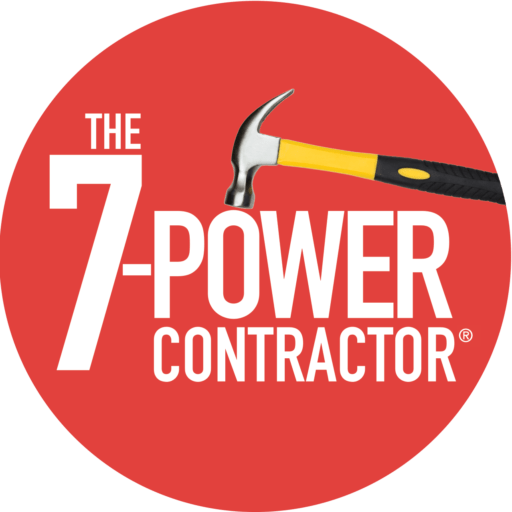When I was about 22, I finished college and joined the family business. I had always worked at the business part time throughout high school and college.
I had no real job description other than to do everything and be quick.
That meant my typical day could consist of running for truck parts all over New York City and the Greater Tri-State area, running service calls, running sales calls, attending additional technical training classes at night and a whole lot more.
I prided myself on how productive I was by how many things I could do at once.
When I reached the ripe old age of 30, I told my dad, “I can’t do as much as I did when I was 22.” And then I listed off all the stuff I used to be able to do like above.
Pop chuckled. Then, he smiled and said, “Well, you really weren’t that good at anything you did! Now that you actually know what you’re doing, you’re digging in more and actually getting more done right. You used to waste time fixing errors you made!”
Oh that hurt…for about a minute. Then, I realized it was sort of a compliment too.
Like always, he was right. It was only because I had learned more about what I was doing in every phase and put concentrated effort into things that I could actually get more things done right the first time vs. more things done half right if not downright wrong.
There is the illusion that a lot of people have but we as owners have it more so than most and that is we can successfully multitask. I know because I prided myself about my ability to multitask through my early years.
Hey, I need to do that…right?
You know what I mean. There are customers and staff tossing balls into the air and expecting you to effectively juggle them all. That is until too many balls are in the air and then things come crashing to the ground.
It’s been proven over and over in studies and prestigious institutions that study this that our minds can’t be as productive and effective when we try to multitask vs. spending concentrated time on one thing at a time. It only feels like we’re getting more things done when we multitask.
To this point, I was just reading a great book called, Sleights of Mind: What the Neuroscience of Magic Reveals about Our Everyday Deceptions by Stephen L. Macknik, Susana Martinez-Conde and Sandra Blakeslee.
Don’t let the long title and the word neuroscience put you off. To me, it speaks elegantly about how we’re hard wired and how we function [or don’t function].
It covers a lot about things related to what we think is happening vs. what is really happening. Just one of the takeaways from this book is that thinking multitasking is being productive is just a myth.
Why believe a myth?
It feels good and it creates the illusion we want, especially as owners. And that is that we, the best the company has to offer, are mentally superior to others and that we can get far more done in less time.
Want more proof that multitasking is actually non-productive especially over the long run?
Look at what’s going on when people are driving today. We’re eating, drinking, talking on our cell phones and more crazy stuff that’s downright dangerous. If you want to see the craziness take a tour on YouTube or look out your windshield and pay attention long enough. Does multitasking make us better drivers…no…it doesn't!
Focusing on one thing over a concentrated time may seem like it’s impossible for you but I’ve trained people at multiple companies how to do it and they are at some of the busiest shops in the country.
The first thing I teach them is you must know where you’re day is going. I teach them to use a time-tracking sheet.
What they learn to do is what you must learn to do and that is to prioritize you day hour by hour. Then, increase your effectiveness by working on the right thing, in the right way at the right time. When you learn how to do this, you’re effectiveness will skyrocket.
Like all new habits, it’ll require discipline and practice. Start small by prioritizing your to-do list for work each morning and then learn how to block your calendar into two-hour blocks. Even if things come up that are unplanned for you can still get back on track. Also, don’t beat yourself up if you can’t master this right away. Set a modest goal of working on this prioritization and time blocking so that in a couple of weeks you’re doing it 3 out of 5 days a week.
If you want to see what a Time-Tracking Sheet looks like, email me at [email protected] and I’ll be happy to send it along. It’s what taught me how to make the best use of my time hour by hour.
